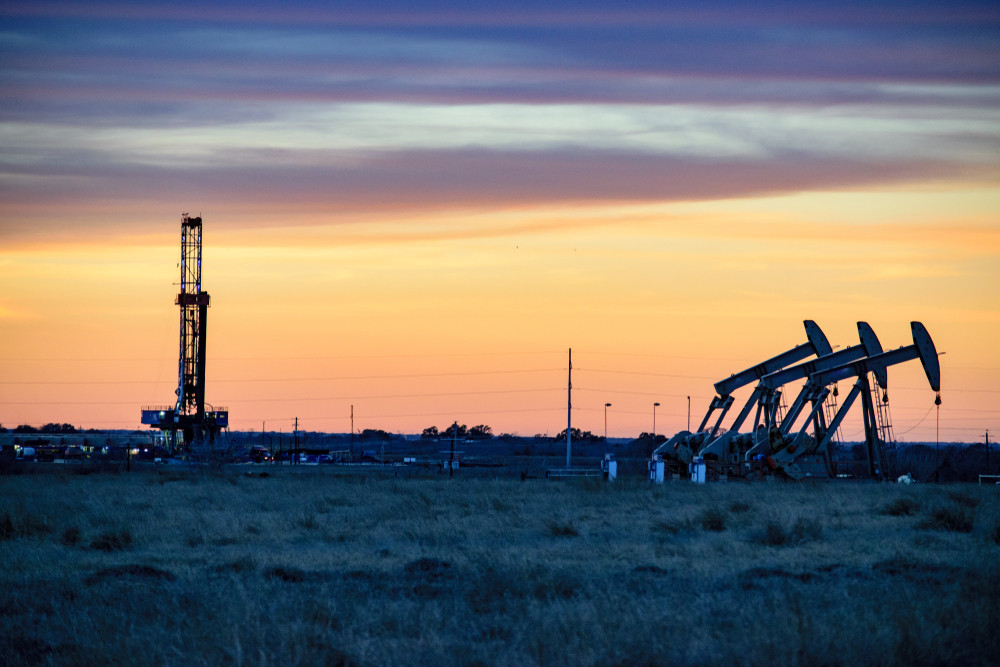Popular Reads
Top Results
Can't find what you're looking for?
View all search resultsPopular Reads
Top Results
Can't find what you're looking for?
View all search resultsFracking with CO2 instead of water could be more efficient: Study
Carbon dioxide appears to be more efficient than water for hydraulic fracturing, or fracking, to extract oil and natural gas, according to a study led by scientists in China.
Change text size
Gift Premium Articles
to Anyone
C
arbon dioxide appears to be more efficient than water for hydraulic fracturing, or fracking, to extract oil and natural gas, according to a study led by scientists in China published Thursday.
Fracking is a process by which high-pressure fluids are injected into underground rock to create cracks to release oil and gas.
In the United States, fracking has fueled an oil boom since the early 2000s.
Currently, the most widespread method involves using large quantities of water mixed with chemicals.
But the method is controversial because the fluids are suspected of contaminating the aquifer -- the underground layer of permeable rock that bears water -- and of triggering mini-earthquakes.
The use of carbon dioxide instead of water to reduce the environmental impact of fracking has been the subject of studies for years.
Scientists from the Chinese Academy of Sciences and China University of Petroleum in Beijing tested the method in a lab and in five wells at the Jilin oil field in northeastern China.
Read also: Grim tidings from science on climate change
"To our delight, oil production increased by (around) four- to 20-fold after the entire CO2 fracturing process" compared to the use of a water-chemical mix, wrote the authors of the study published in the American journal Joule.
The experts said carbon dioxide is better at breaking up the shale.
"These real-world results revealed that as compared to water fracturing, CO2 fracturing is an important and greener alternative, particularly for reservoirs with water-sensitive formations, located at arid areas, or other conditions that making water fracturing less applicable," the authors added.
This would hold especially true in arid regions, where water currently needs to be transported by tanker trucks.
The scientists argue that this technique would allow CO2 -- the main greenhouse gas emitted by human activity blamed for global warming -- to be trapped in the ground, thereby removing it from the atmosphere.
However, injecting CO2 to extract hydrocarbons whose combustion would lead to more carbon emissions can seem counter-productive.
"CO2 fracking might ultimately have environmental benefits compared to fracking with water, but this study does not include the analysis that is needed to establish whether CO2 fracking is likely to lead to an overall reduction in global greenhouse gas emissions," said Hannah Chalmers, a senior lecturer at the University of Edinburgh.











